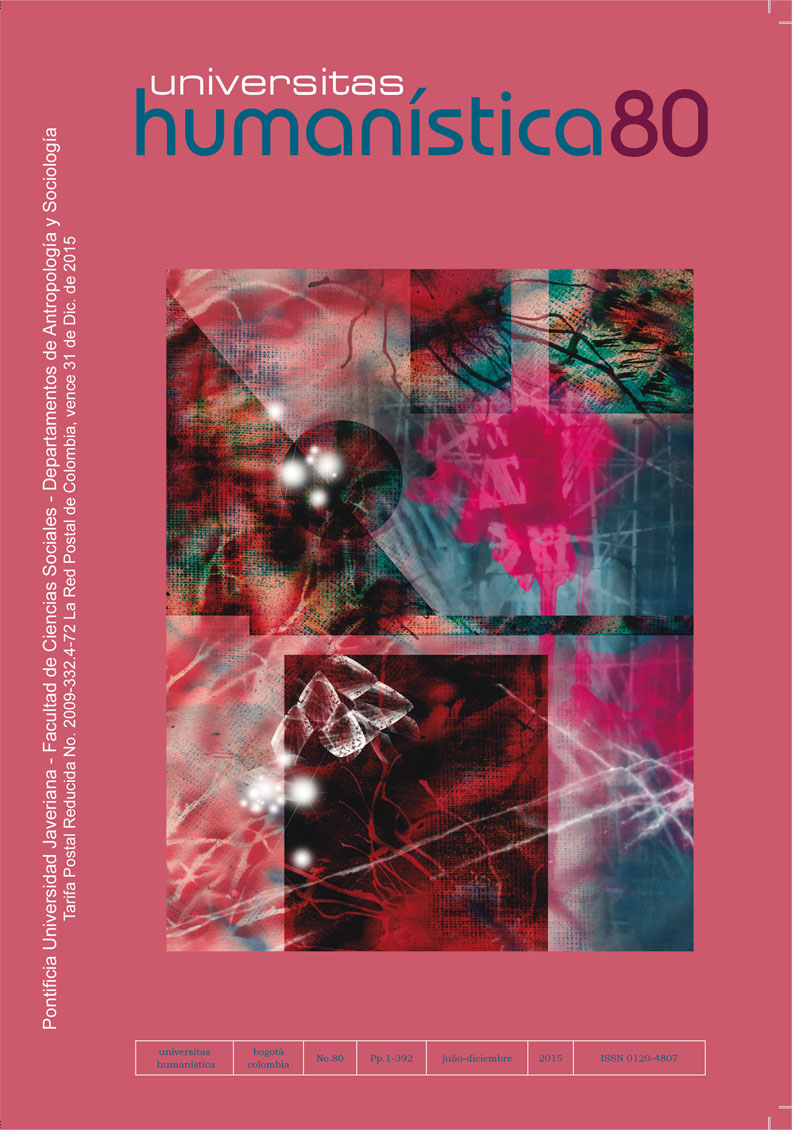Abstract
This article reflects on the autonomy process carried out by the Pasto indigenous communities that are settled down along the Colombian-Ecuadorian border. This process demonstrates the colonial continuum that the indigenous communities have had in the Nation-States of Colombia and Ecuador, which despite having a legislative production on the subject, have not operated to develop breakthroughs to reduce the exclusion and extermination process experienced by the original communities. Firstly, it is carried out an analysis of the challenges presented in the border States where mobilization of the population is interfered by the militarization adopted as a measure against the danger of the Colombian armed conflict. Secondly, we examine the process of regional recognition that the Pasto community has made progress on, which has been developed on both sides of the border in search of the reconstruction of their identity and the survival in their ancestral lands.
This journal provides immediate open access to its content on the principle that making research freely available to the public, encourages greater global exchange of knowledge.
The journal Universitas Humanística is registered under a Creative Commons Attribution 4.0 International Public License. Thus, this work may be reproduced, distributed, and publicly shared in digital format, as long as the names of the authors and Pontificia Universidad Javeriana are acknowledged. Others are allowed to quote, adapt, transform, auto-archive, republish, and create based on this material, for any purpose (even commercial ones), provided the authorship is duly acknowledged, a link to the original work is provided, and it is specified if changes have been made. Pontificia Universidad Javeriana does not hold the rights of published works and the authors are solely responsible for the contents of their works; they keep the moral, intellectual, privacy, and publicity rights.
Approving the intervention of the work (review, copy-editing, translation, layout) and the following outreach, are granted through an use license and not through an assignment of rights. This means the journal and Pontificia Universidad Javeriana cannot be held responsible for any ethical malpractice by the authors. As a consequence of the protection granted by the use license, the journal is not required to publish recantations or modify information already published, unless the errata stems from the editorial management process. Publishing contents in this journal does not generate royalties for contributors.


